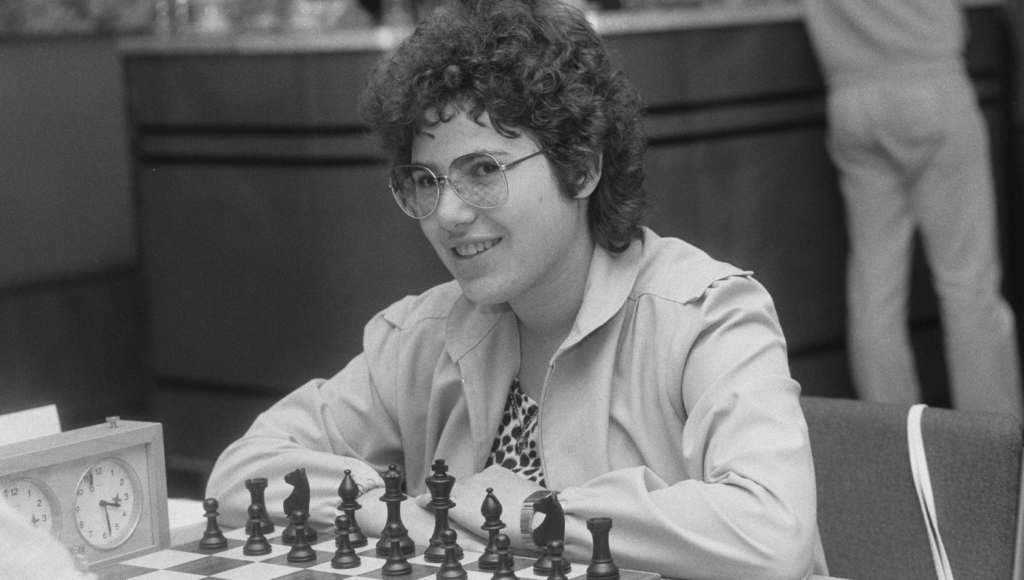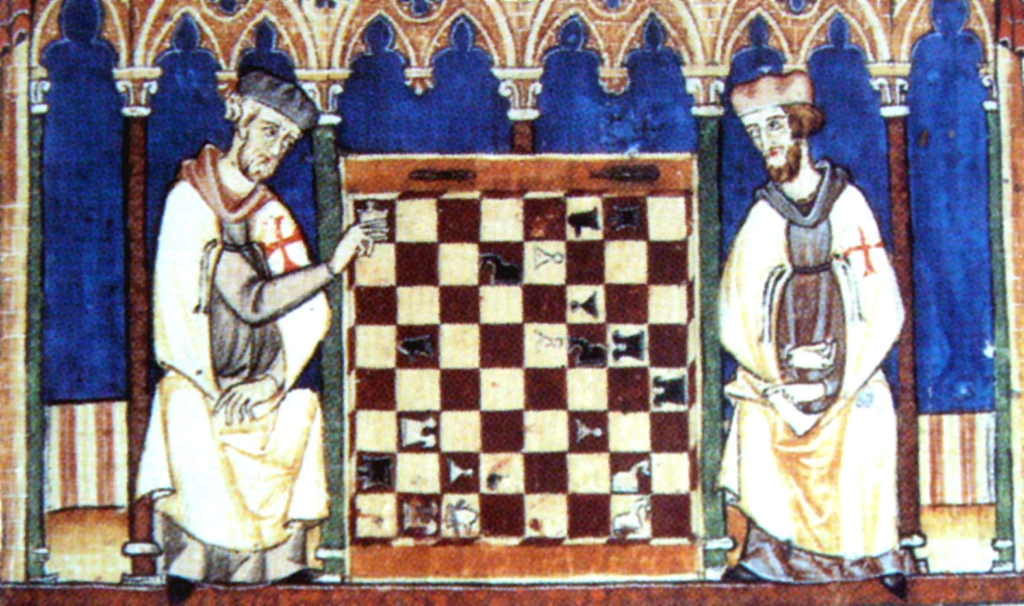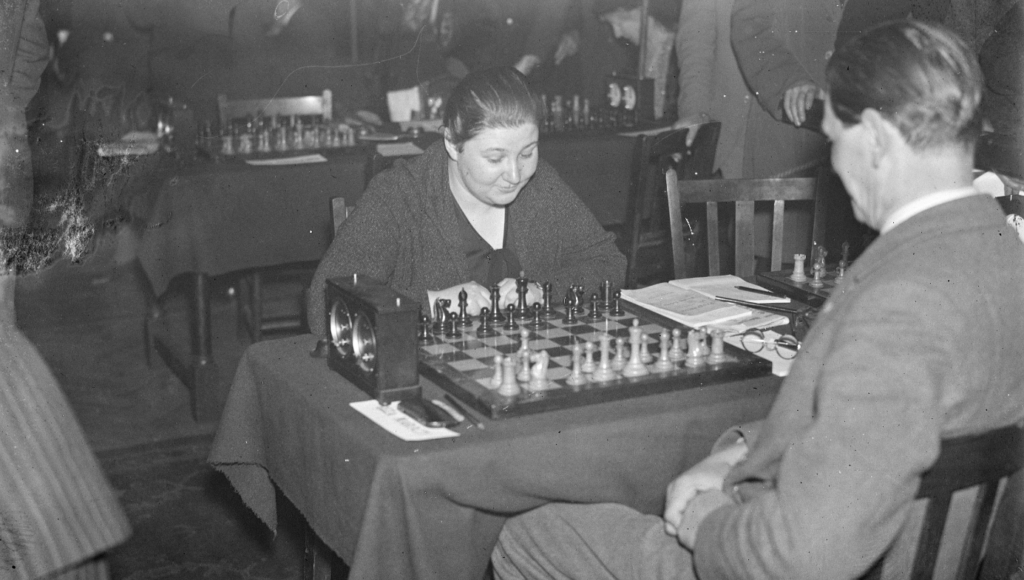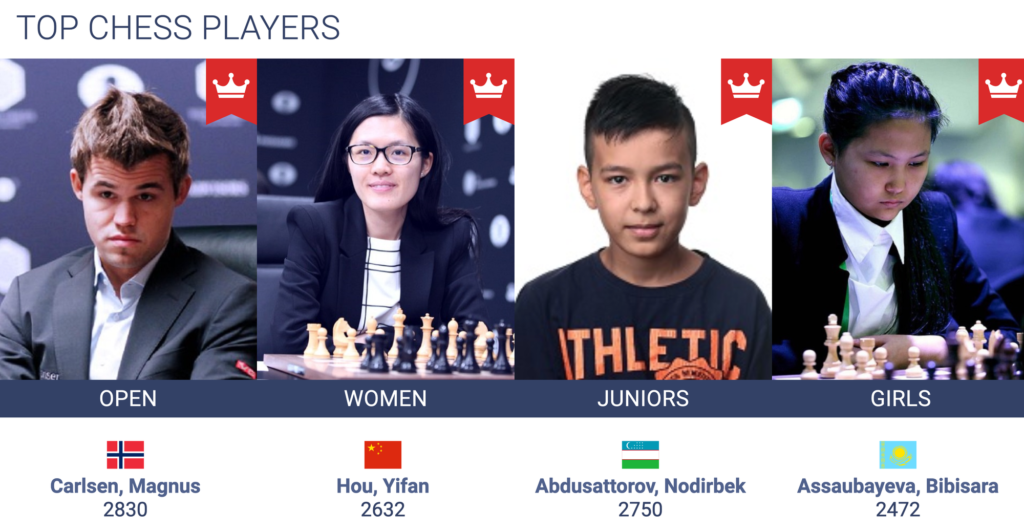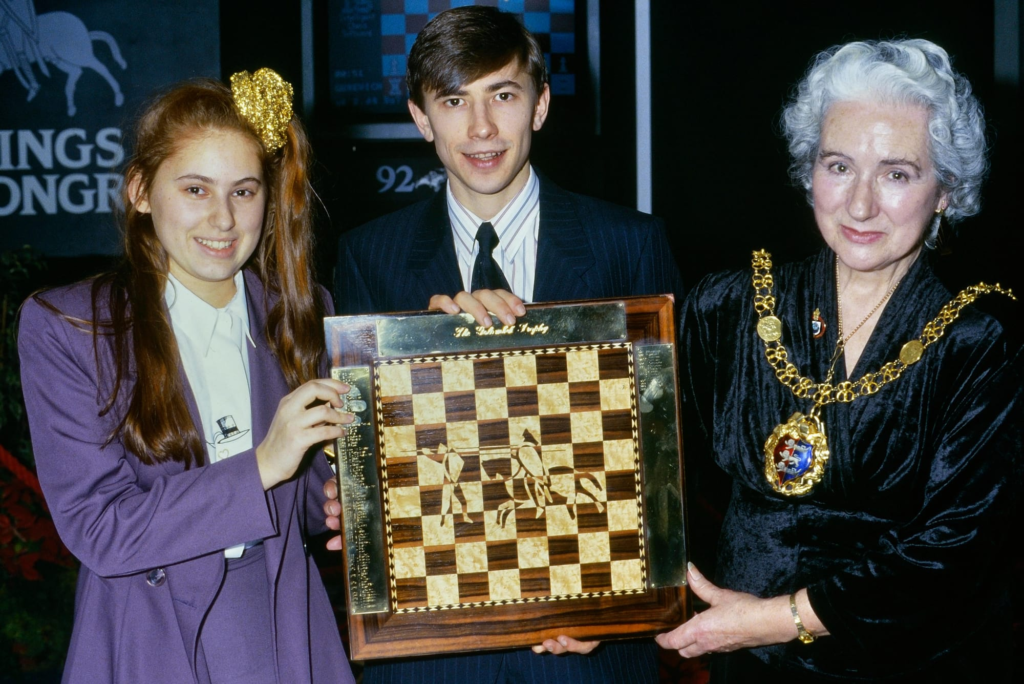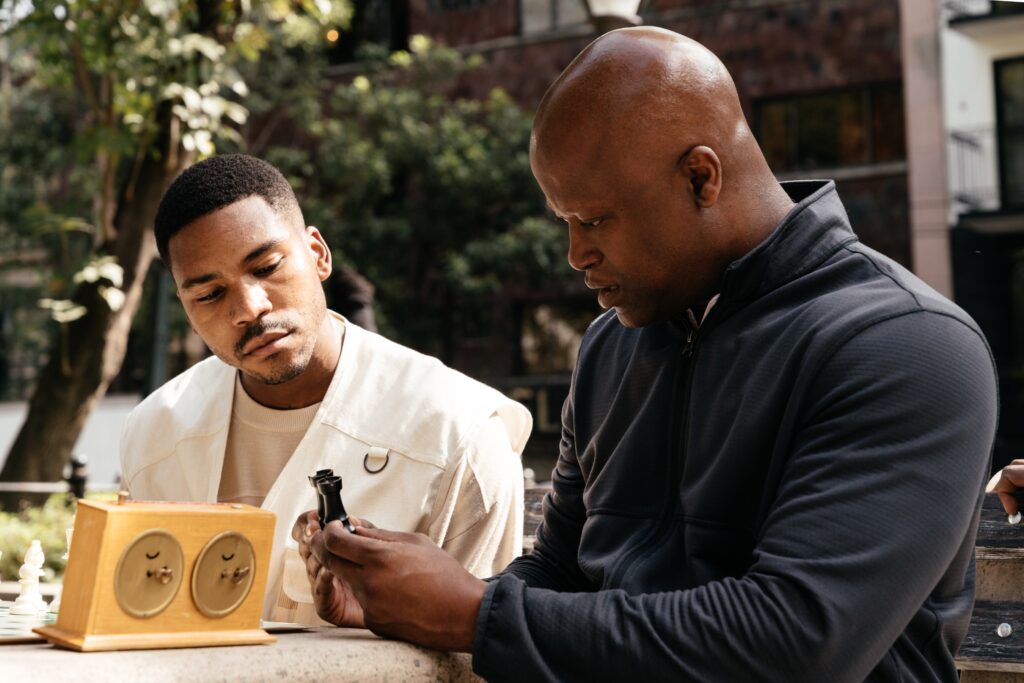10-year-old Fausti Oro, the “Messi of Chess”, is taking the chess world by storm. His recent viral win over Magnus Carlsen, the reigning world champion, showcases his incredible talent. Could Denver be home to the next child chess sensation? Summit School of Chess believes absolutely!
Who is Fausti Oro?
Fausti, an Argentinian prodigy, has made headlines for his impressive chess skills. He boasts Chess.com ratings of 3000 in blitz and 2900 in bullet, putting him among the world’s elite players. He’s earned an IM norm, holds a FIDE rating of 2330, and is the top-rated player under 12 years old globally.

The Viral Win
His recent victory over Carlsen in a bullet tournament is nothing short of amazing. Fausti’s confidence, skill, and even his humorous reaction, highlight the thrilling potential for young chess players everywhere.
Could Denver Produce the Next Chess Star?
At Summit School of Chess, we say YES! With the right instruction and dedication, children in the Denver area have the potential to reach Fausti’s level of play. We offer the resources and expertise to nurture that growth:
Fausti’s Inspiration
Oro’s story proves that with passion and the right training, children can achieve amazing things on the chessboard. If you’re a parent in the Denver area, consider enrolling your child in Summit School of Chess programs. Who knows, your child could be the city’s next chess prodigy!
Let Summit School of Chess Help Your Child’s Chess Journey!
Call to action: Visit our website https://www.summitschoolofchess.com or contact us to learn how Summit School of Chess can unlock your child’s chess potential.
Link to the original article on Chess.com
Our Summer Chess Camp 2024 is coming up!!
We have daily Online Group Lessons for all players of all skill levels!
Our Monthly Chess Tournaments are great for testing your skills!
Get a School Chess Program today!
Join the official Summit School of Chess Club (on Chess.com)

